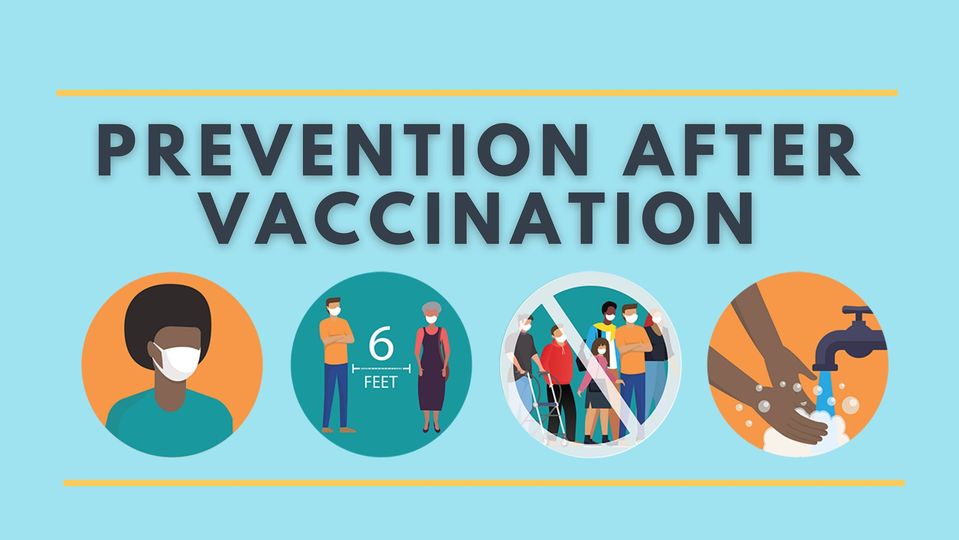So you have had both shots for the COVID-19 vaccine from Moderna or Pfizer, does that mean you are fully vaccinated? The CDC says there is a short period after the vaccination before you are considered “Fully Vaccinated.”
People are considered fully vaccinated:
- 2 weeks after their second dose in a 2-dose series, like the Pfizer or Moderna vaccines, or
- 2 weeks after a single-dose vaccine, like Johnson & Johnson’s Janssen vaccine
If it has been less than 2 weeks since your shot, or if you still need to get your second dose, you are NOT fully protected. Keep taking all prevention steps until you are fully vaccinated.
So, once fully vaccinated, what changes?
The CDC says if you’ve been fully vaccinated:
- You can gather indoors with fully vaccinated people without wearing a mask.
- You can gather indoors with unvaccinated people from one other household (for example, visiting with relatives who all live together) without masks, unless any of those people or anyone they live with has an increased risk for severe illness from COVID-19.
- If you’ve been around someone who has COVID-19, you do not need to stay away from others or get tested unless you have symptoms.
- However, if you live in a group setting (like a correctional or detention facility or group home) and are around someone who has COVID-19, you should still stay away from others for 14 days and get tested, even if you don’t have symptoms.

Even though you are fully vaccinated, the CDC says:
- In public situations or around others that may not have been vaccinated, wear your mask, social distance, and avoid crowds.
- Delay domestic and international travel
- Be alert for symptoms
The CDC is still learning the limitations of the vaccine and its effectiveness with the variant strains of the disease.




